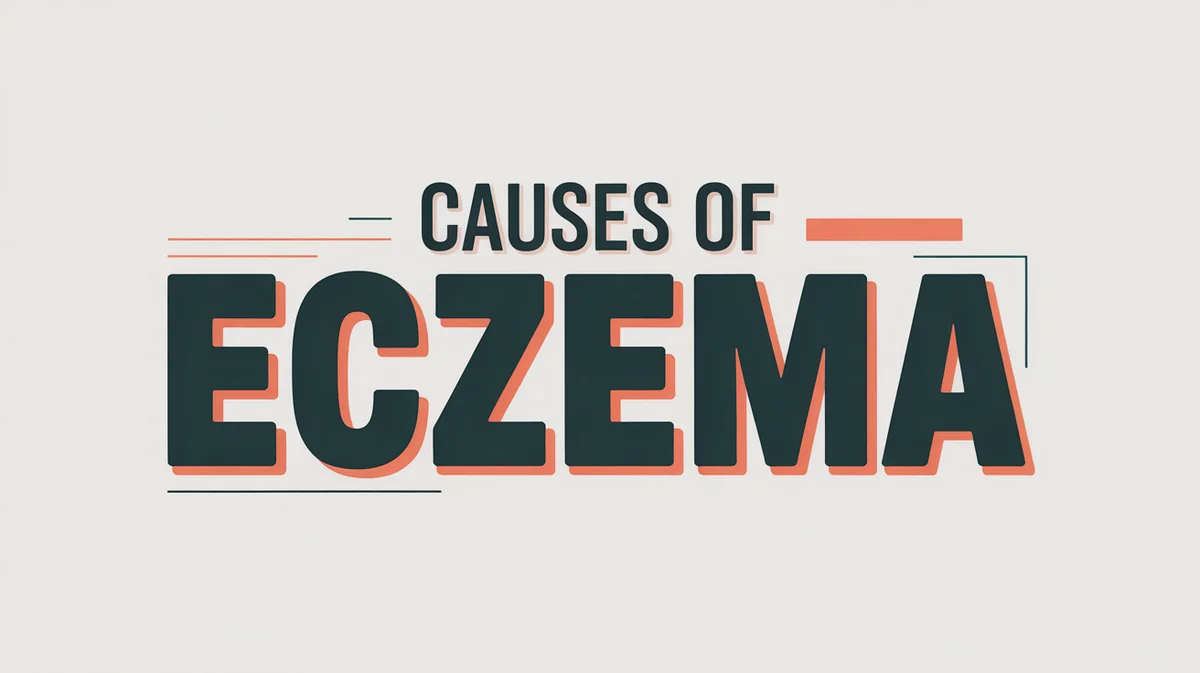Causes Of Eczema

Eczema: Understanding Its Causes and Symptoms
Contrary to popular belief, foods are not the primary cause of eczema. Medical science continues to explore the underlying reasons behind this skin condition.
What Does Eczema Look Like?- Red, raised patches on the skin.
- Bumpy appearance, similar to acne.
- Dryness leading to thick, scaly skin.
- Intense itching, sometimes causing scratching to the point of bleeding.
Eczema is associated with a simple separation conflict and typically emerges during the healing phase. Seasonal changes can re-trigger this conflict. Much like allergies, any environmental factor present during the original separation conflict can set off a new cycle of the condition.
Emotions play a significant role, with feelings of non-acceptance, feeling stuck in life, and the need to suppress feelings in order to fit in being commonly associated with the condition.
Case Studies: 1. Erica's Story: At 24, Erica was a bank teller diagnosed with eczema on the back of her left hand. She felt embarrassed, having lived with this condition since early childhood. A dive into her past revealed that as a child, she was reluctant to attend day care, often suppressing her feelings to avoid reprimands. After therapeutic intervention, Erica's eczema intensified briefly but disappeared entirely within two weeks. 2. Andy's Case: Born with severe eczema on his face, infant Andy's condition was so pronounced that his parents hesitated to introduce him to others. Delving into the emotional dynamics of the family, it was discovered that during her pregnancy, Andy's mother considered divorcing her husband due to feelings of neglect and lack of acceptance. His father, preoccupied with a new job, was oblivious to her emotions. By addressing and resolving the mother's feelings of separation and non-acceptance, Andy's eczema was cured in a matter of weeks. Return to home